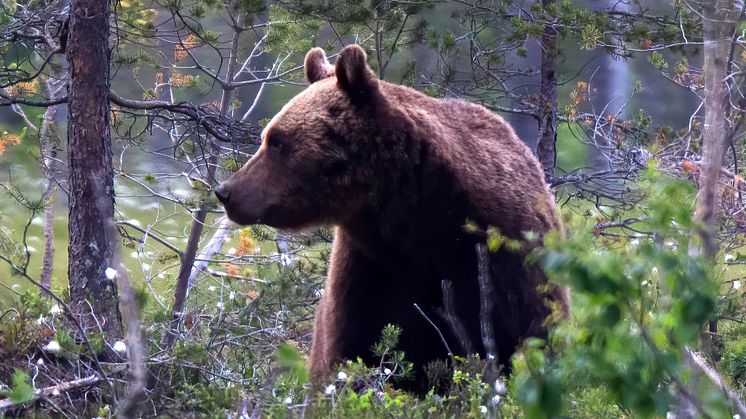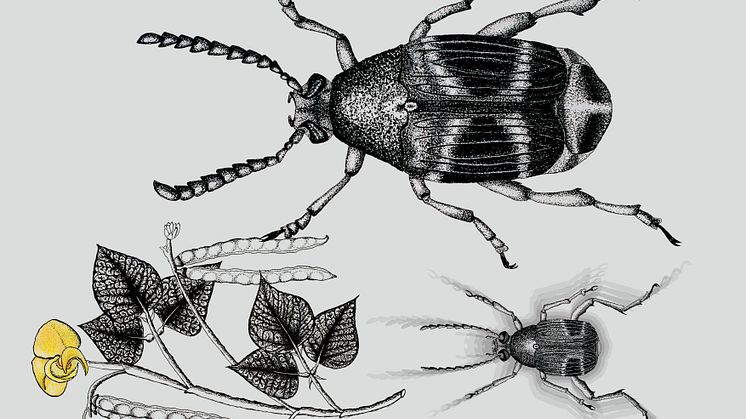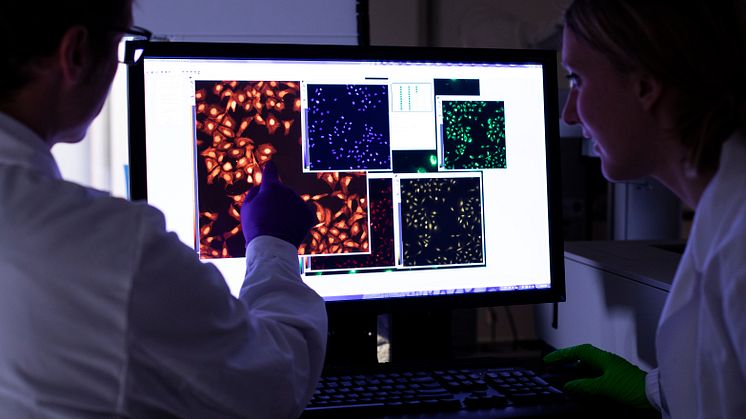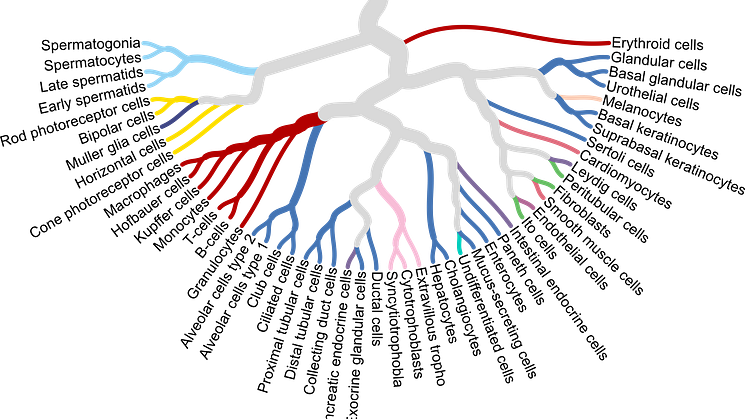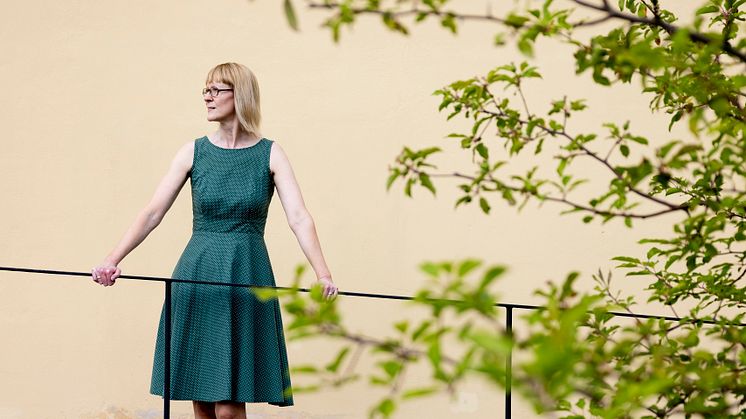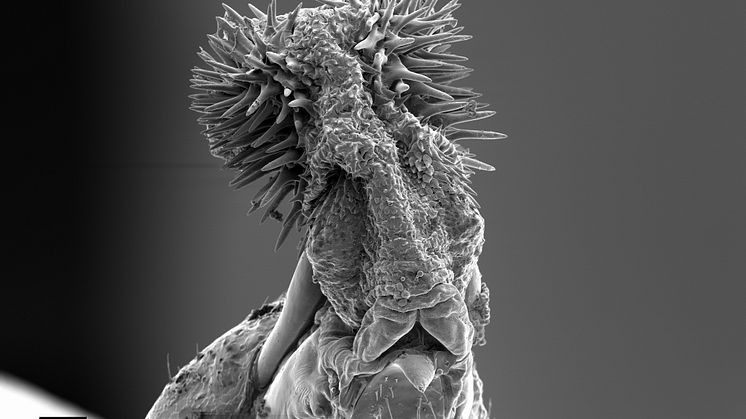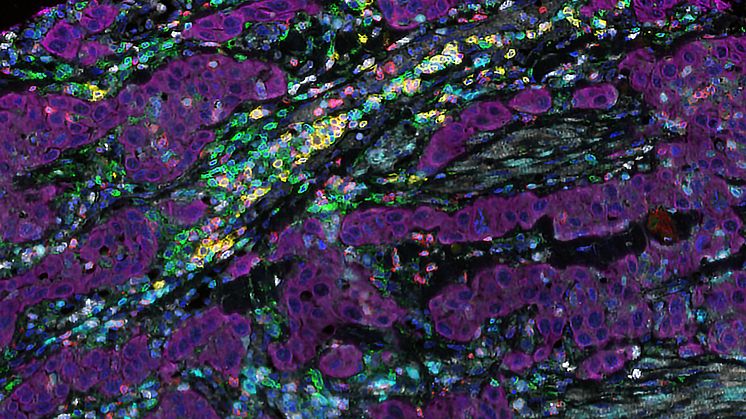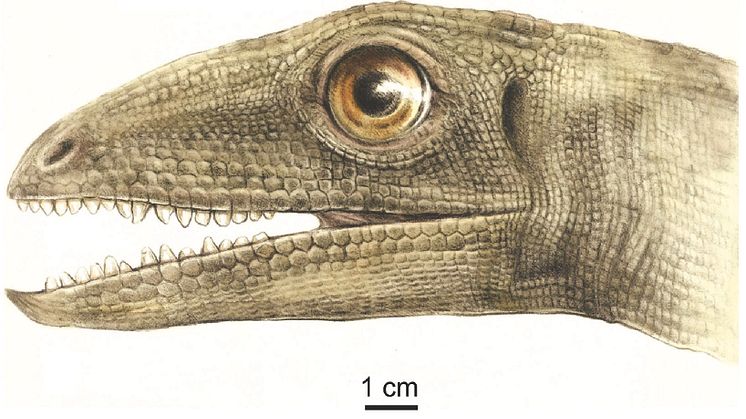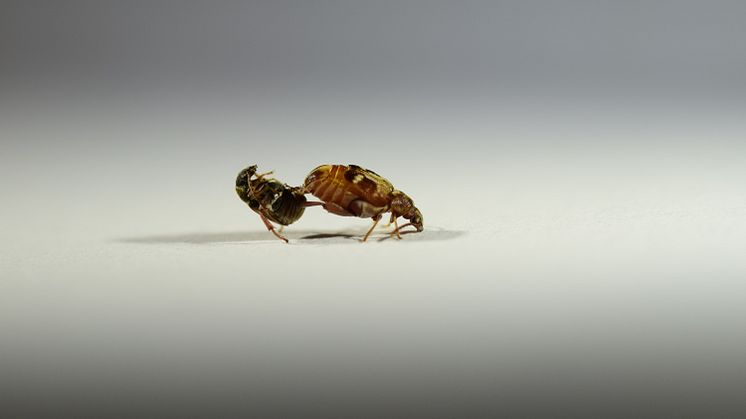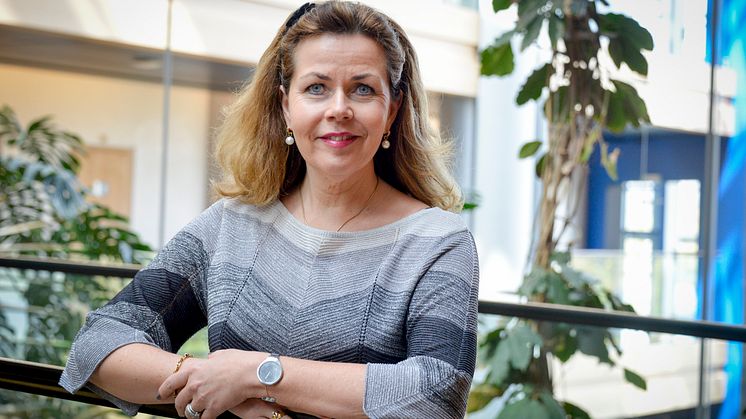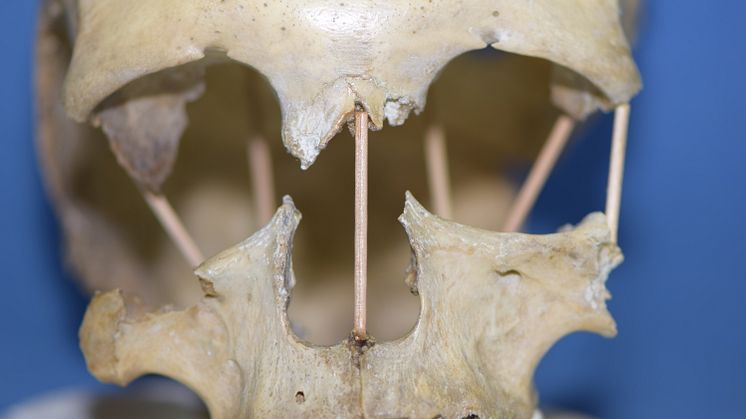Genetic test better than blood test for cardiovascular diseases
Determining an individual’s blood group based on genetic tests instead of merely traditional blood tests can provide a better picture of the risk of cardiovascular diseases. If a patient has two genetic variants of A, B or AB, the risk is twice as high compared with if one is O. This is the finding of a new study from the Uppsala University using data from UK Biobank.
